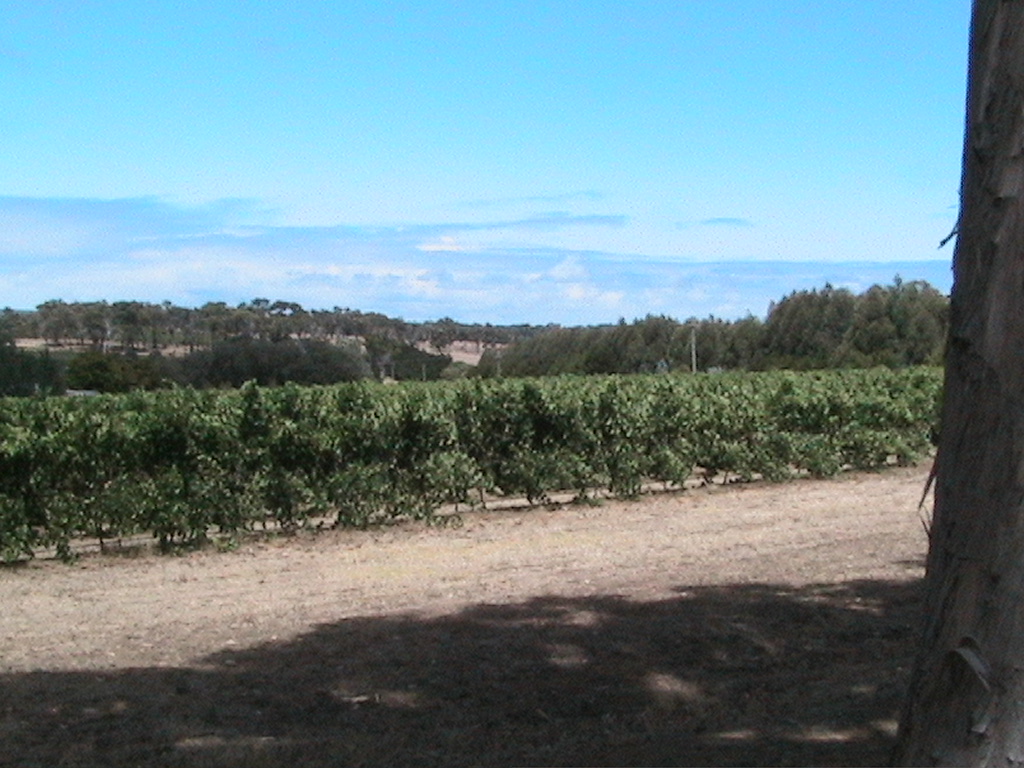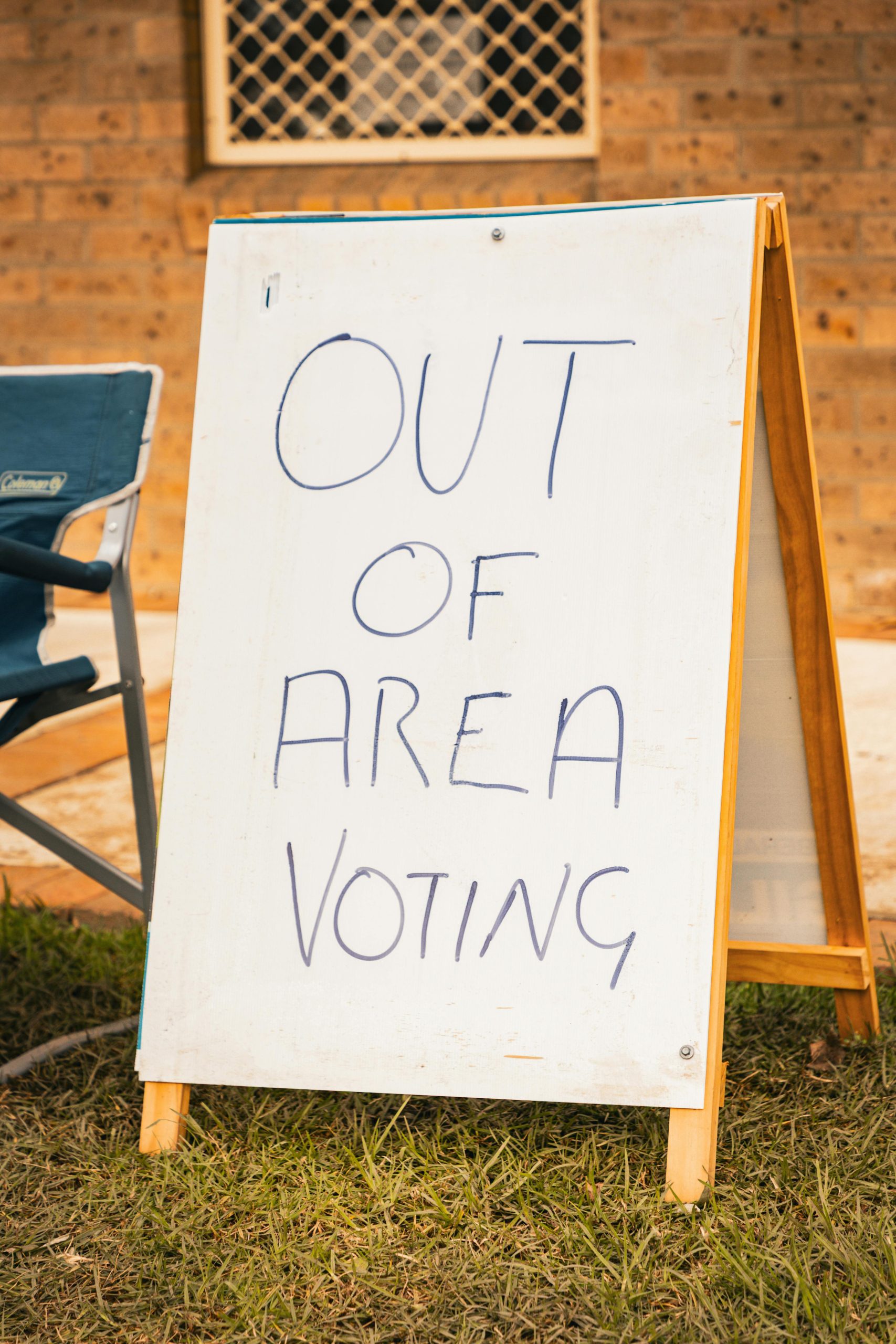Demand for disaster-resistant mobile networks intensifies as Tropical Cyclone Alfred isolates 250,000 people.


Demand for disaster-resistant mobile networks intensifies as Tropical Cyclone Alfred isolates 250,000 people.

Australian Academics Avoid US Conferences Due to Detention Concerns In recent years, a growing apprehension has emerged among Australian scholars regarding participation in academic conferences held in the United States.

It appears that parking in the exclusion zone for the Designated Accessible Parking Bays is becoming a common issue.

Title: Understanding the Impact of Remote Work on Productivity: Insights from Australia In recent discussions regarding the effects of remote work on employee productivity, a new report from Australia offers
It’s crucial that we prioritize the development of disaster-resilient mobile networks, especially in areas vulnerable to extreme weather events like Tropical Cyclone Alfred. With 250,000 people cut off, reliable communication is essential for coordinating relief efforts and ensuring the safety of affected individuals. Investing in infrastructure that can withstand severe conditions will not only enhance emergency response capabilities but also help communities recover more quickly in future crises. We must advocate for innovative solutions and collaborations among governments, telecom companies, and disaster management organizations to make this a reality. Together, we can build a more resilient network that can support communities in their time of need.